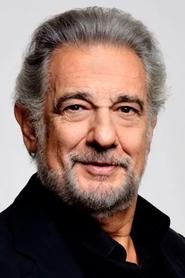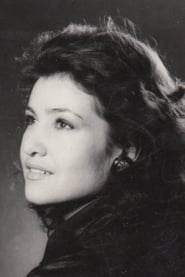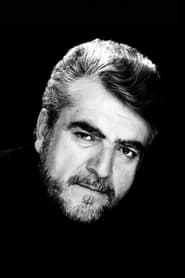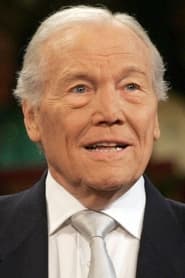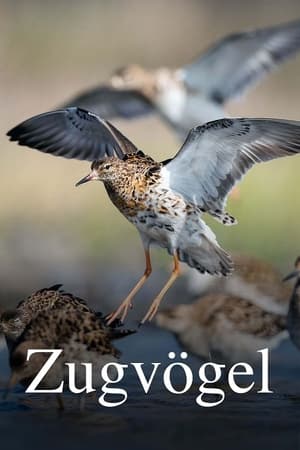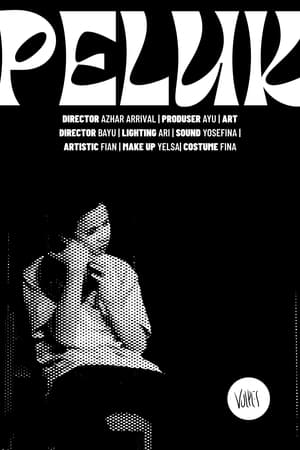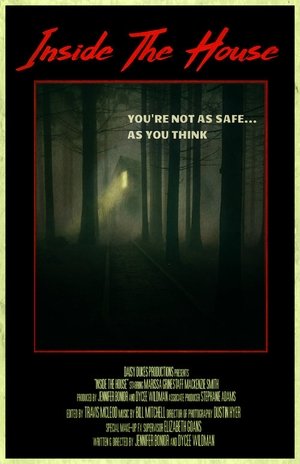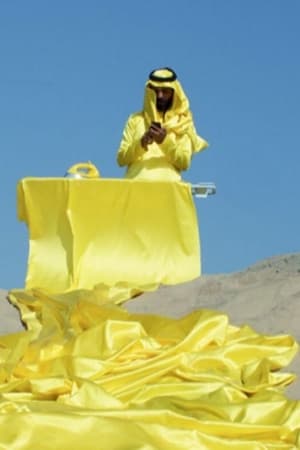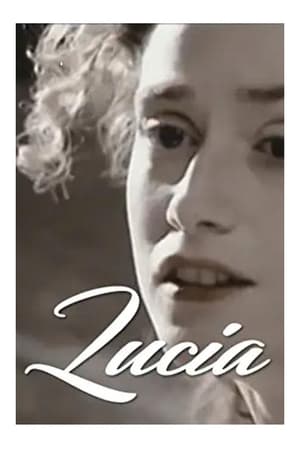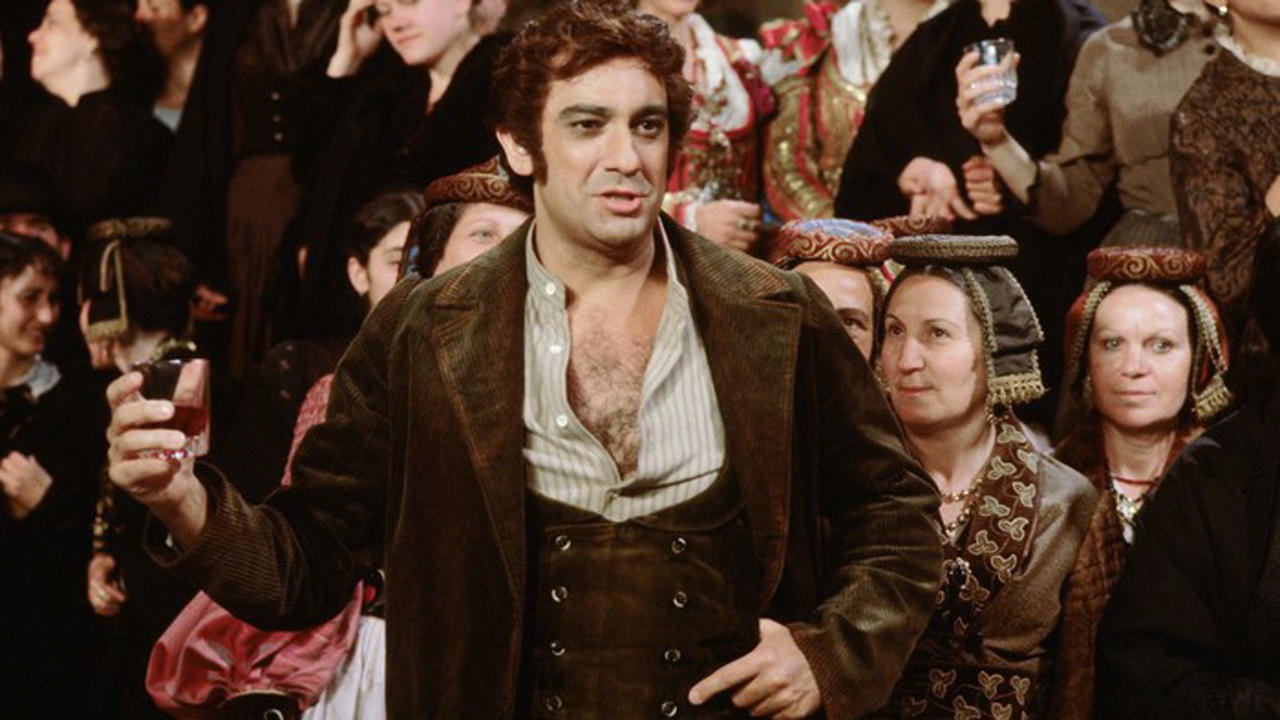

Cavalleria rusticana(1982)
Franco Zeffirelli directs these two legendary La Scala productions telling tragic tales of jealousy. Mascagni's Cavalleria Rusticana features performances by Elena Obraztsova, Plácido Domingo, and Renato Bruson. Leoncavallo's I Pagliacci stars Teresa Stratas, Plácido Domingo, and Juan Pons. Both are conducted by George Pretre. This production of Pagliacci earned director Franco Zeffirelli the coveted Emmy as Best Director in the category of Classical Music Programming.
Movie: Cavalleria rusticana
Top 9 Billed Cast
Lucia
Self
Recommendations Movies
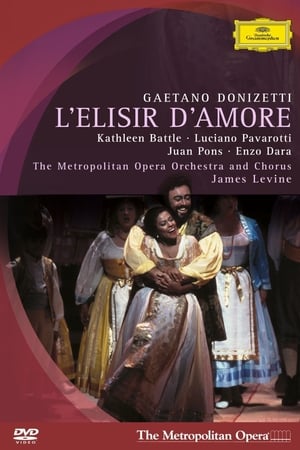 9.5
9.5L'Elisir d'Amore(it)
John Copley’s colorful production, with designs by Beni Montresor, was created around the beloved superstar Luciano Pavarotti. As the simple, good-hearted Nemorino, he enchanted audiences with his larger-than-life personality as well as his golden voice. Enzo Dara as the quack Dr. Dulcamara provides the elixir of the title that helps Nemorino win the heart of Adina, the girl of his dreams, sung with youthful energy by Kathleen Battle.
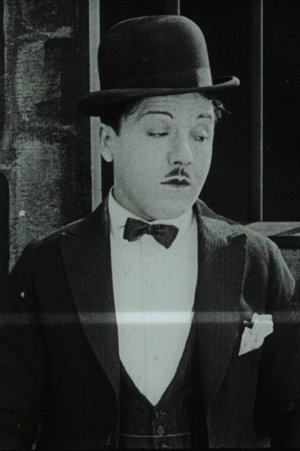 8.5
8.5Six A.M.(en)
After drinking all night, Monty and his friend try to get home, but it turns out to be not easy. The next day, Monty tries to win the heart of a theater actress.
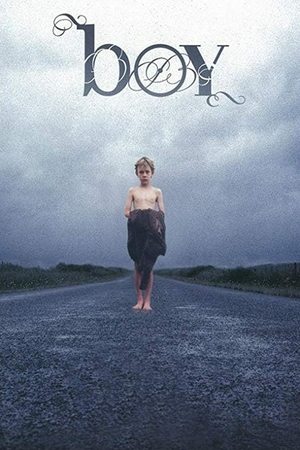 5.9
5.9Boy(en)
Boy is the unsettling story of a young male prostitute, or Rent Boy, in a small rural town who learns the truth behind a hit and run accident which has killed a local girl. When the news of the girls death spreads through the community, the driver and his family decide that the boy must be silenced. The set out to scare him into silence. The pressure becomes more and more violent, but despite this, the boy battles to expose the truth.
 7.5
7.5Naruto to Boruto: The Live 2019(ja)
“NARUTO to BORUTO THE LIVE 2019”, a special event for the 20th anniversary of the first publication of “NARUTO” series in Weekly Shonen Jump!! Featuring live performances by artists performing the theme songs of both “NARUTO” and “BORUTO: NARUTO NEXT GENERATIONS”, anime cast members reading original story episodes, and more.
 7.4
7.4Re-Births(fr)
A documentary film depicting five intimate portraits of migrants who fled their country of origin to seek refuge in France and find a space of freedom where they can fully experience their sexuality and their sexual identity: Giovanna, woman transgender of Colombian origin, Roman, Russian transgender man, Cate, Ugandan lesbian mother, Yi Chen, young Chinese gay man…
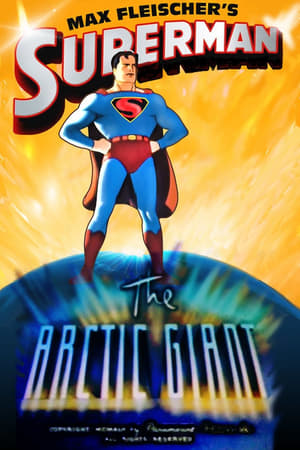 7.1
7.1The Arctic Giant(en)
A frozen Tyrannosaurus rex is found and put on display in a museum, but when he thaws out and revives, Superman has to stop his rampage!
Defeat of the German Forces Near Moscow: The Restored Soviet WW2 Documentary(ru)
Soviet wartime cameramen accompanied the fighting troops of the Red Army on foot, aboard their tanks, and in their aircraft to film this epochal documentary of the Battle of Moscow that halted the vaunted and---until then, unstoppable---German war machine cold in its tracks.
Sobbin' Women: The Making of 'Seven Brides for Seven Brothers'(en)
This behind-the-scenes documentary includes interviews with people who were directly involved in the MGM classic musical 'Seven Brides for Seven Brothers'. Those interviewed include actors and actresses who appeared in the film - as well as the film's choreographer, director, and musical arranger
 4.6
4.6Nana and Kaoru(ja)
Kaoru is a 17-year-old boy with an SM fetish, secretly dreaming of an SM relationship with his childhood friend Nana. One day Kaoru's mother asks Nana to hide all his SM toys so that he will study for a change. However, Nana finds the leather one-piece that Kaoru bought and tries it on, but she accidentally locks it and does not have the key! This is the beginning of a very strange relationship..
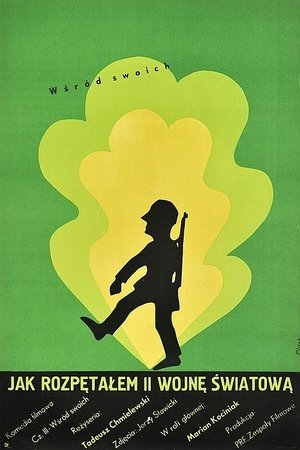 7.6
7.6How I Unleashed World War II, Part III: Among Friends(pl)
Disguised as an Italian medic, Dolas finds himself on a ship evacuating wounded Axis soldiers to Italy. He leaves the ship disguised as a Nazi soldier, but is found out, declared a deserter and sent to the Eastern Front. However, on the flight to Russia, he is able to escape with a parachute, and finds himself back in Poland, now occupied by Nazis.
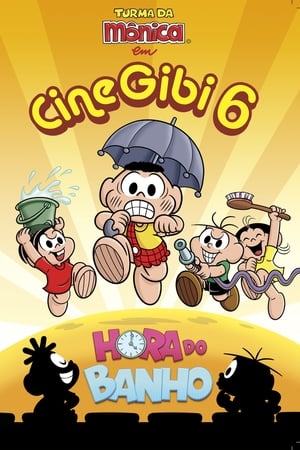 7.1
7.1Cine Gibi 6: Hora do Banho(pt)
Cascão's smell gets out of hand, and the gang decides to give him a good bath. So, he decides to hide in the movie theater. In the dark, Cascão uses a shadow trick to fool Franjinha and pretend to be Cebolinha.
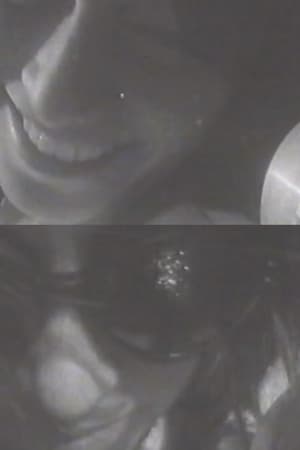 6.6
6.6Film(en)
Before the three feature films, Mario Schifano directs the camera towards the people around him to create real film diaries. His friends, his time partner and the artists he frequented are portrayed in their everyday life or object of the mechanical gaze of the camera, a filter through which to look at the outside world.
Children of Wool(en)
Shot on location in a very remote part of southern Morocco, this short film looks into the amazing craftsmanship and dedication of the Berber rug weavers in the region. These incredibly talented people are part of an ancient tradition that still employs centuries-old techniques to produce beautiful and unique handwoven rugs.
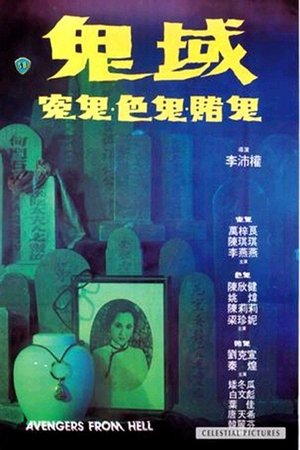 7.8
7.8Avengers from Hell(zh)
Three macabre short stories about gambling, vengeance and homicide.
Similar Movies
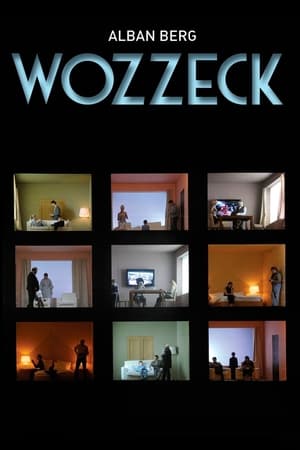 0.0
0.0Alban Berg: Wozzeck(en)
In 2010, for the first time in its history, the Bolshoi Opera presented Alban Berg’s masterpiece Wozzeck conducted by Teodor Currentzis. Dmitri Cherniakov’s aim with this bold, sensitive transposition was “to highlight the hidden sorrows of a late twentieth-century man dwelling in a megalopolis.”
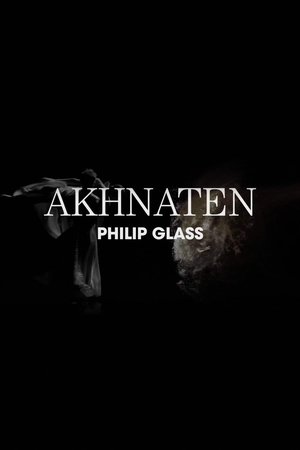 0.0
0.0Philip Glass: Akhnaten(en)
Akhnaten is set in Ancient Egypt, and based on the accession to the throne of the pharaoh Amenhotep IV – thought to have been around 1351BC – on his religious convictions, and the consequences of his actions. Presented as a combination of song, dance and music, the opera has a libretto by Philip Glass, Shalom Goldmann, Robert Israël and Richard Ridell, with the text drawing on ancient hymns, prayers and inscriptions, sung in their original Egyptian, Hebrew and Akkadian form. Produced by the Opéra de Nice Côte d’Azur as part of the Festival MANCA.
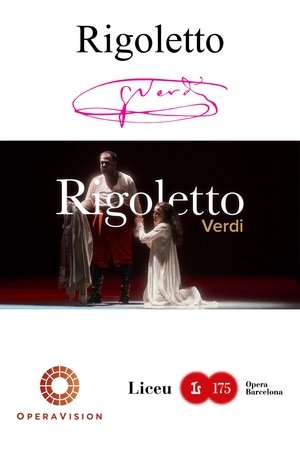 0.0
0.0Rigoletto(en)
When a sharp-tongued court jester Rigoletto is cursed for his spiteful words, he is forced to hide his unworldly daughter Gilda from his own licentious master the Duke. For Verdi’s wonderful ambivalent hunchback, paradise is the peaceful home and family that he struggles to protect.
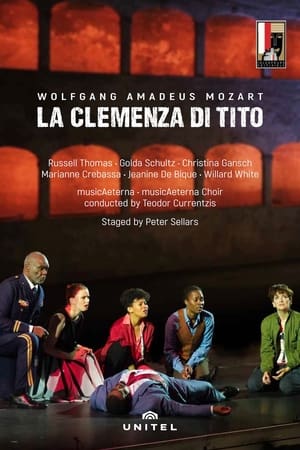 0.0
0.0Mozart: La clemenza di Tito(it)
How do we live together in an age of conflict? How do you heal a divided and angry people? In their 2017 production of Mozart’s La clemenza di Tito, Peter Sellars and Teodor Currentzis examine these questions through the story of a warrior-emperor who brings peace to his divided land and pardons his own would-be assassins. Written under a time crunch (legend has it that it was written in only 18 days, although it is likely an exaggeration) during the last year of Mozart’s life, the opera is based on a libretto written more than half a century earlier by Pietro Metastasio. It was commissioned for the coronation of Leopold II as King of Bohemia, and received its first public performance at the Estates Theatre in Prague on September 6, 1791.
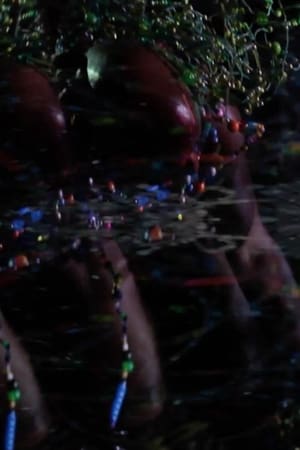 0.0
0.0Good Stock On The Dimension Floor: An Opera(en)
A collectively made filmic opera in 35 parts. The Black and predominantly queer art collective, an evolving line up of poets and artists from across the world, abstracts and reimagines opera in any traditional conception. Set to hip-hop, blues, noise, R&B and electronica, the piece uses the voice (chanting, singing, screaming; written by poet and activist Dawn Lundy Martin) as its primary tool, verbalising centuries of alienation, vulnerability and protest in the global African diaspora through its disruptive libretto.
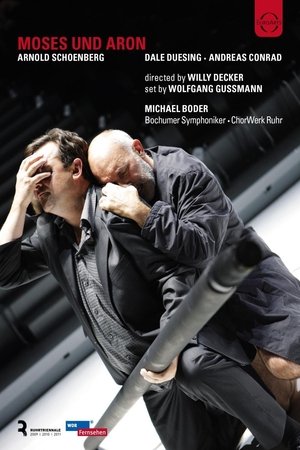 0.0
0.0Moses und Aron(en)
One of the greatest revolutions in the history of mankind happened around 3000 years ago: the transition from polytheism to monotheism through the prophet Moses. God revealed himself directly to Moses, instructing him in absolute truth. Moses was charged with leading the people of Israel to the Promised Land and escaping from Egyptian slavery. Moses came to embody the relationship between the human and divine truth. God’s call to Moses presented a new idea that exploded all previous religious concepts: ‘One God – unique, eternal, intangible, inconceivable’. Moses understands this concept, but is unable to express it, and therefore God appoints Moses’ brother Aaron as his spokesman. They are bound to fail: Aaron can only approach sharing the idea by compromising its meaning, whilst Moses is left to search fruitlessly for “the word I lack …” This production of Arnold Schoenbergs opera was filmed during the Ruhrtriennale 2009.
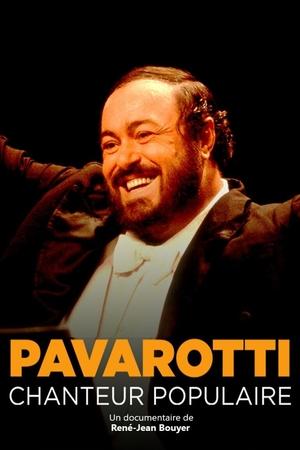 8.0
8.0Pavarotti, Birth of a Pop Star(fr)
Although he is unanimously credited with having democratised opera, making it accessible to the greatest number, focus is rarely put on the strategy he devised and implemented in order to carry out his actions, nor what his actions reveal of the man and artist, and of the resulting metamorphosis from opera singer to pop artist. Through this angle, this film sets out to pay tribute to the man who summed up his credo, obsession and life’s work, in the following way: “They led the public to believe that classical music belonged to a restricted elite. I was the way to prove to the world that was wrong.
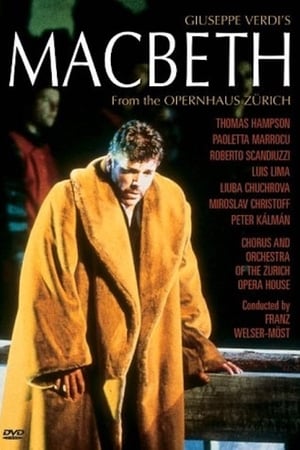 2.0
2.0Macbeth(it)
This hard-edged postmodern production of Giuseppe Verdi's haunting masterpiece brings the story of Shakespeare's bloody tragedy to vivid life, characterized by spine-tingling atmospherics and a triumphant debut by American baritone Thomas Hampson in the title role. This Zurich Opera House production also features a mesmerizing turn by Paoletta Marrocu as the beautiful, power-hungry Lady Macbeth, while striking sets and costumes further enhance the duality of the main character whose rise and fall mirror the darkest impulses of man. Replete with supernatural mystery, sexual tension, and violent power plays, this timeless story remains gripping and chilling for today's audiences and boasts some of the most astonishing music of Verdi's legendary body of work.
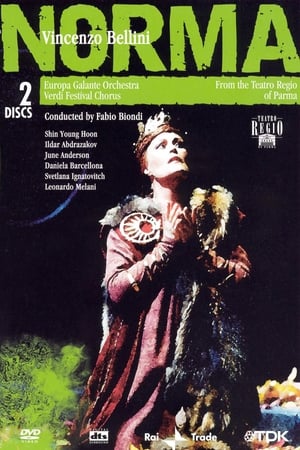 0.0
0.0Norma(en)
Gaul has been conquered by the Romans. Oroveso, the Arch-Druid longs to lead a Gallic rebellion against the colonial forces. He and all the others wait for the signal to be given by his daughter, the Druid High Priestess Norma. But Norma has fallen in love with the Roman Proconsul, Pollione, and given birth to two children. They have been brought up in secrecy by her confidante Clotilde. Norma still loves Pollione but he has fallen in love with a novice priestess, Adalgisa.
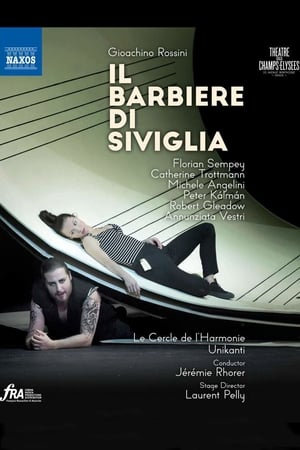 0.0
0.0Rossini: Il Barbiere di Siviglia (Théâtre des Champs-Élysées, 2017)(en)
This is Laurent Pelly’s Théâtre des Champs-Élysées staging of Rossini’s Il barbiere di Siviglia, with a cast featuring Florian Sempey as Figaro, Catherine Trottmann as Rosina, and Michele Angelini as Il Conte Almaviva. Jérémie Rhorer conducts Le Cercle de l-Harmonie.
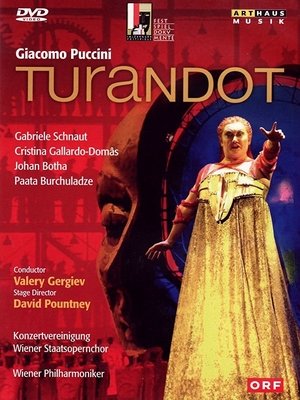 0.0
0.0Turandot(it)
Valery Gergiev leads the Vienna Philharmonic Orchestra in this production of Puccini's opera, recorded live at the Salzburger Festspiele in 2002. David Pountney's production features performances by Gabriele Schnaut, Paata Burchuladze, Johan Botha and Cristina Gallardo-Domas. This production uses Luciano Berio's 2001 completion of this unfinished opera.
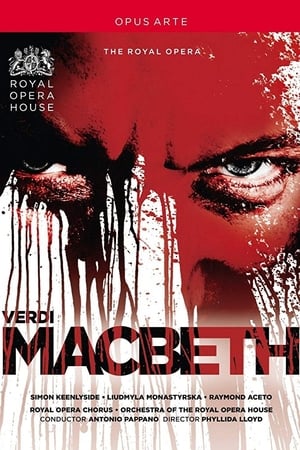 0.0
0.0MacBeth(en)
Macbeth, the Thane of Glamis, receives a prophecy from a trio of witches that one day he will become King of Scotland. Consumed by ambition and spurred to action by his wife, Macbeth murders his king and takes the throne for himself.
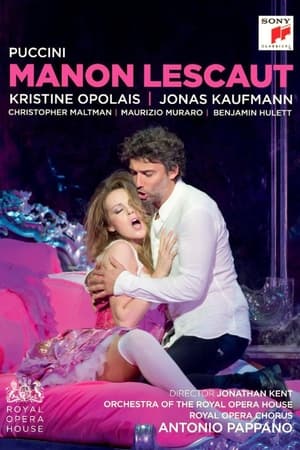 10.0
10.0Manon Lescaut(it)
Manon Lescaut's production was updated and it worked. Highly professional production with two of the best performances I've ever witnessed in any opera. By the end of the third act I was crying and by the end of the fourth act I could not stop the tears. These two can not only sing up a storm they act one as well. This is the best Manon Lescaut I've ever seen and hope the upcoming one at the Met is as good. It truly was thrilling. Kaufmann and Opolais were unbelievably fantastic and the orchestra was superb. Pappano is the kind of maestro you want to sing for as he coaches as in the old days of maestros like Levine, etc. This is highly recommended as a keeper!
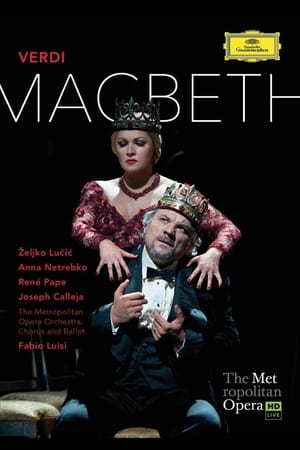 10.0
10.0Verdi: Macbeth(it)
Star soprano Anna Netrebko created a sensation in her first Met performances as the malevolent Lady Macbeth, the central character in Verdi’s retelling of Shakespeare’s tragedy. She is joined by Željko Lucic, who brings dramatic intensity and vocal authority to the title role of the honest general driven to murder and deceit by his ambitious wife. René Pape is Banquo, Joseph Calleja is Macduff, and Principal Conductor Fabio Luisi presides over Adrian Noble’s atmospheric production.
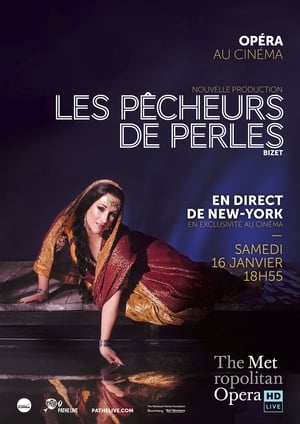 8.0
8.0Bizet: The Pearl Fishers(fr)
Bizet’s rarely heard opera returned to the Met for the first time in a century on New Year’s Eve 2015, in Penny Woolcock’s acclaimed new production. Star soprano Diana Damrau sings Leïla, the virgin priestess at the center of the story. Matthew Polenzani and Mariusz Kwiecien are Nadir and Zurga, rivals for Leïla’s love who have sworn to renounce her to protect their friendship—and who get to sing one of opera’s most celebrated duets, “Au fond du temple saint.” Nicolas Testé is the high priest Nourabad and Gianandrea Noseda conducts Bizet’s supremely romantic score.
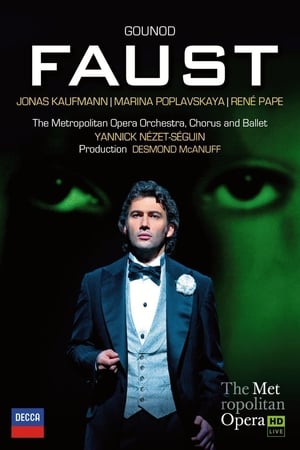 0.0
0.0Gounod: Faust(fr)
Tenor Jonas Kaufmann is riveting as the title character of Gounod’s popular opera, seen in this Live in HD presentation of Des McAnuff’s thrilling 2011 production that places the mythical and timeless story in an early 20th-century setting. René Pape as Méphistophélès is menacing and elegant in equal measure, and Marina Poplavskaya delivers a searingly intense portrayal of the innocent Marguerite. Russell Braun as her brother, Valentin, shines in his Act II aria. On the podium, Yannick Nézet-Séguin brings out all the lyricism and drama of Gounod’s score.
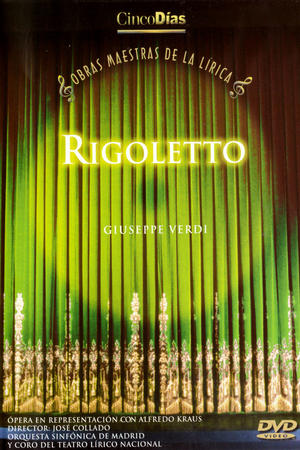 0.0
0.0Rigoletto(en)
Rigoletto, hunchbacked jester, plans to take revenge on his master, the Duke of Mantua. Teatro de la Zarzuela 1989
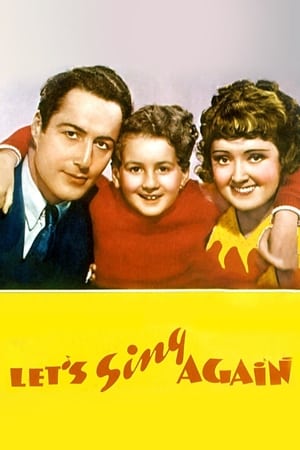 3.2
3.2Let's Sing Again(en)
An orphan (Eight-year-old boy soprano Bobby Breen) gets a chance to sing opera in New York.
